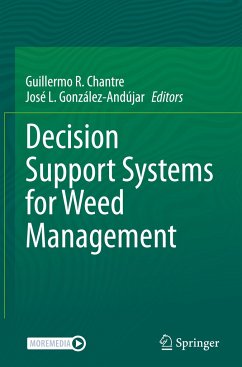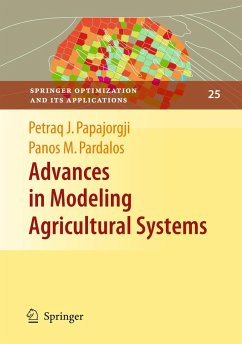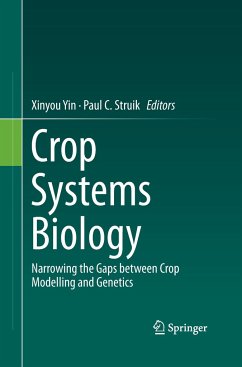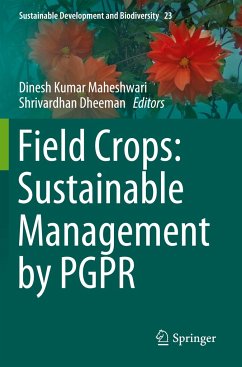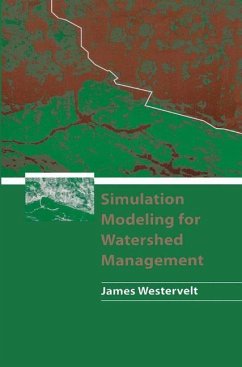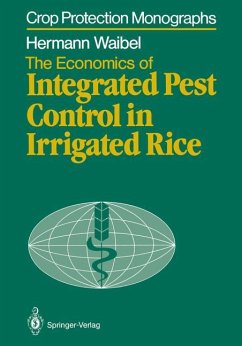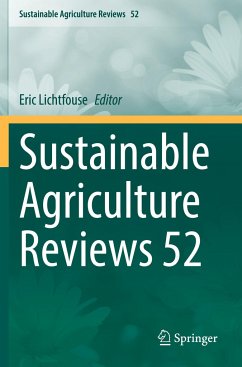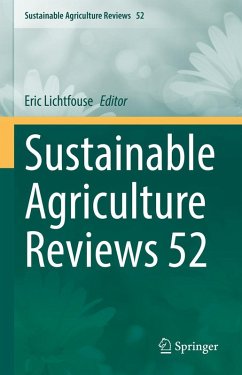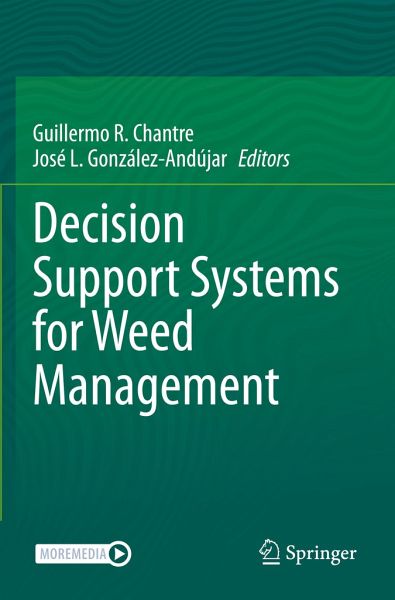
Decision Support Systems for Weed Management
Versandkostenfrei!
Versandfertig in 6-10 Tagen
129,99 €
inkl. MwSt.

PAYBACK Punkte
65 °P sammeln!
Weed management Decision Support Systems (DSS) are increasingly important computer-based tools for modern agriculture. Nowadays, extensive agriculture has become highly dependent on external inputs and both economic costs, as well the negative environmental impact of agricultural activities, demands knowledge-based technology for the optimization and protection of non-renewable resources. In this context, weed management strategies should aim to maximize economic profit by preserving and enhancing agricultural systems. Although previous contributions focusing on weed biology and weed managemen...
Weed management Decision Support Systems (DSS) are increasingly important computer-based tools for modern agriculture. Nowadays, extensive agriculture has become highly dependent on external inputs and both economic costs, as well the negative environmental impact of agricultural activities, demands knowledge-based technology for the optimization and protection of non-renewable resources. In this context, weed management strategies should aim to maximize economic profit by preserving and enhancing agricultural systems. Although previous contributions focusing on weed biology and weed management provide valuable insight on many aspects of weed species ecology and practical guides for weed control, no attempts have been made to highlight the forthcoming importance of DSS in weed management.
This book is a first attempt to integrate `concepts and practice' providing a novel guide to the state-of-art of DSS and the future prospects which hopefully would be of interest to higher-level students, academics and professionals in related areas.
This book is a first attempt to integrate `concepts and practice' providing a novel guide to the state-of-art of DSS and the future prospects which hopefully would be of interest to higher-level students, academics and professionals in related areas.





